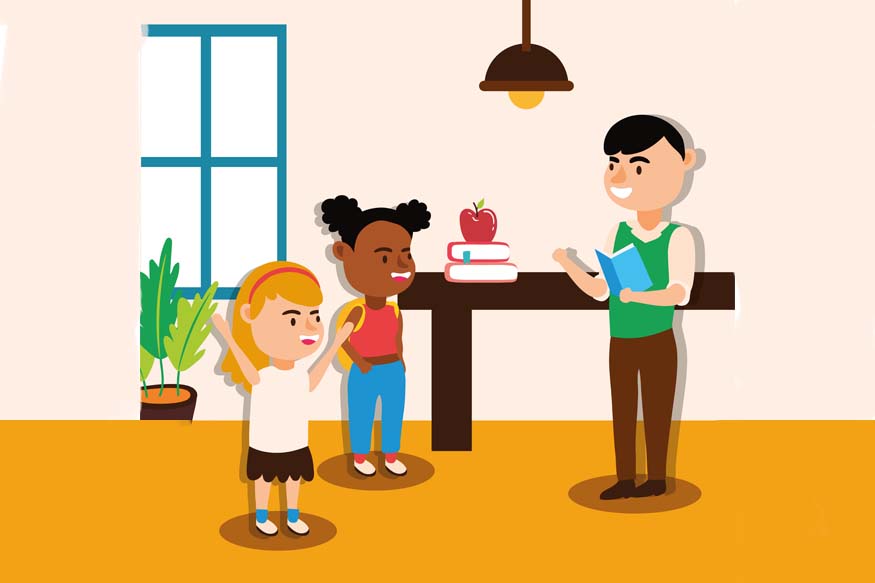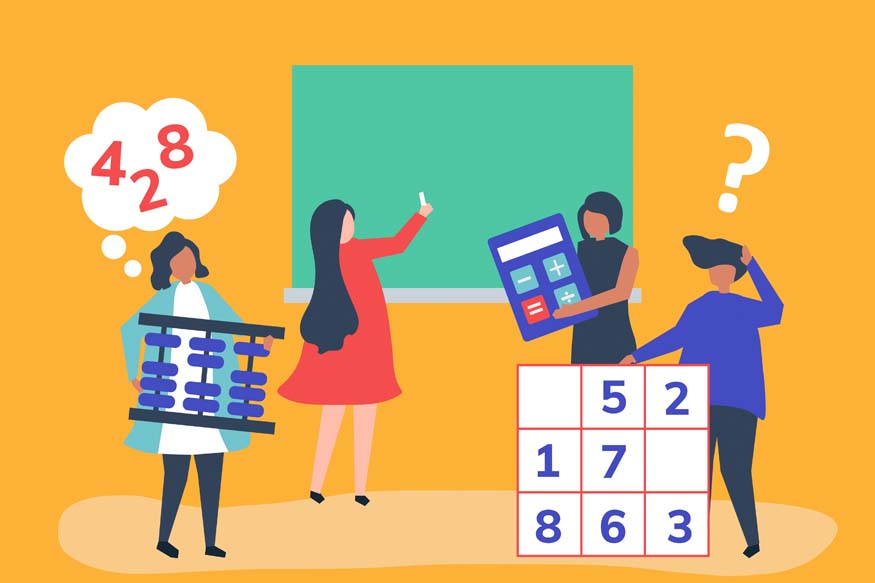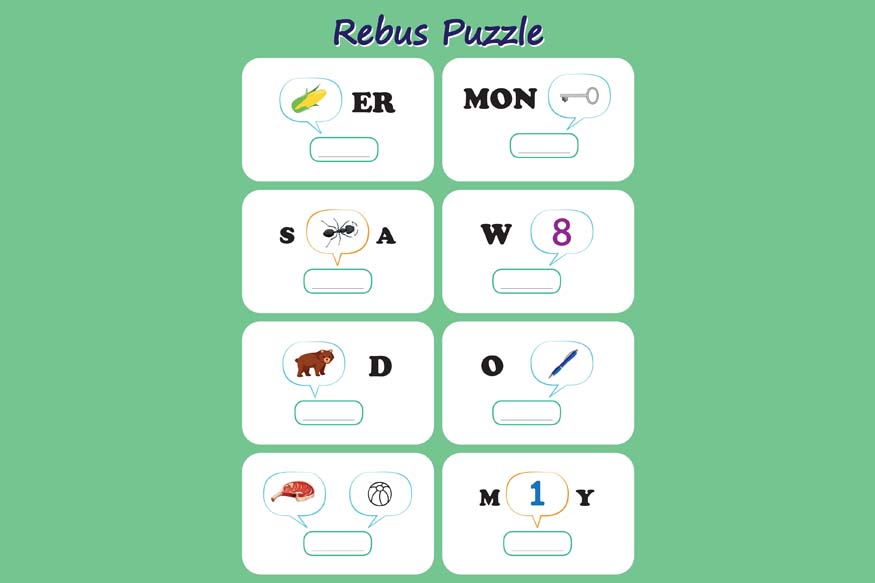In today’s fast-paced world, effective communication is more important than ever. A critical component of communication is listening skills. Listening skills play a fundamental role in the development of strong interpersonal relationships and academic success. But what are listening skills exactly?
Listening skills refer to the ability to accurately receive and interpret messages during the communication process. They encompass a range of abilities, including paying attention to the speaker, understanding the message, responding thoughtfully, and remembering the information conveyed. For children, mastering these skills is essential for their overall cognitive and social development.
The importance of listening skills cannot be overstated. When children actively listen, they not only absorb information more effectively but also demonstrate respect and empathy towards others. Good listening skills are vital for building meaningful connections, both in the classroom and in personal interactions.
What is a listening skill?
Understanding what listening skill is involves recognising the different dimensions of this ability. Listening skills can be categorised into several types: active listening, critical listening, empathetic listening, and reflective listening. Active listening is the process of fully concentrating, understanding, responding, and remembering what is being said.

It involves not just hearing the words but also interpreting the emotions and intentions behind them. Critical listening, on the other hand, requires evaluating the message and forming judgments based on the information received. This type of listening is particularly useful in academic settings, where children need to analyse and assess the content they are learning.
Empathetic listening focuses on understanding and sharing the feelings of the speaker. It is an essential skill for building strong, supportive relationships. Reflective listening involves paraphrasing or summarizing what the speaker has said to ensure accurate comprehension. By developing these various types of listening skills, children can become more effective communicators and better learners.
The Importance of Listening Skills
The importance of listening skills lies in their ability to enhance communication and foster positive relationships. When children listen actively and attentively, they are better able to understand and retain information, leading to improved academic performance.
Good listening skills also promote empathy and understanding, as children learn to appreciate different perspectives and emotions. This fosters a sense of connection and trust, essential for building strong friendships and collaborative working relationships.
Effective listening skills can prevent misunderstandings and conflicts. By accurately interpreting messages and responding thoughtfully, children can avoid miscommunications that might otherwise lead to disagreements. Additionally, good listening skills contribute to a child’s self-esteem and confidence, as they feel more capable of engaging in meaningful conversations and expressing themselves clearly.
How to Improve Listening Skills
Improving listening skills requires practice and intentional effort. Parents and educators can play a crucial role in helping children develop these abilities. One effective strategy is to model good listening behaviour. When adults demonstrate active listening, children are more likely to emulate these behaviours. This includes maintaining eye contact, nodding in agreement, and providing appropriate feedback. Another method is to engage children in listening skills activities that are both fun and educational.
For example, reading aloud and discussing the story encourages children to listen actively and think critically about the content. Playing games like “Simon Says” or “Follow the Leader” can also enhance listening skills, as children must pay close attention to instructions. Additionally, providing opportunities for children to practice reflective listening, such as summarising what a friend has said, can help reinforce their understanding and retention of information.
Listening Skills Activities
Engaging children in listening skills activities can be both enjoyable and beneficial for their development. One such activity is the “Telephone Game,” where children sit in a circle, and one child whispers a message to the next. The message is passed around the circle, and the last child announces the message they heard. This game highlights the importance of attentive listening and helps children understand how easily information can be misunderstood when not listened to carefully.

Another effective activity is “Storytelling Circles,” where children take turns telling parts of a story. Each child must listen carefully to what the previous speaker said and then add their segment. This activity promotes active listening, creativity, and collaborative storytelling. Additionally, incorporating music and rhythm exercises can enhance listening skills. Clapping to the beat of a song or playing rhythm games helps children develop their auditory discrimination and attention to detail.
Benefits of Listening Skills
The benefits of listening skills extend far beyond improved communication. Children who develop strong listening abilities are better equipped to succeed academically and socially. In the classroom, good listeners can follow instructions more accurately, participate in discussions more effectively, and retain information more efficiently. These skills contribute to higher academic achievement and a greater sense of confidence in their abilities.
Socially, good listening skills enable children to build and maintain healthy relationships. They learn to empathise with others, understand different viewpoints, and resolve conflicts amicably. These abilities are essential for fostering a sense of belonging and cooperation within their peer groups. Furthermore, listening skills are foundational for life skills development, as they contribute to a child’s overall emotional intelligence and self-awareness.
The importance of listening skills for children cannot be overstated. By understanding what listening skills are and the various types of listening skills, parents and educators can better support children’s development in this area. Engaging in listening skills activities and implementing strategies to improve listening skills can have a profound impact on a child’s academic and social success. The numerous benefits of listening skills make them a critical component of a child’s overall growth and development.
At Center Point School, we recognise the significance of developing strong listening skills in our students. Our dedicated educators incorporate a variety of activities and techniques to promote active listening and effective communication. By fostering a culture of attentive listening, we aim to equip our students with the skills they need to thrive academically, socially, and emotionally.





